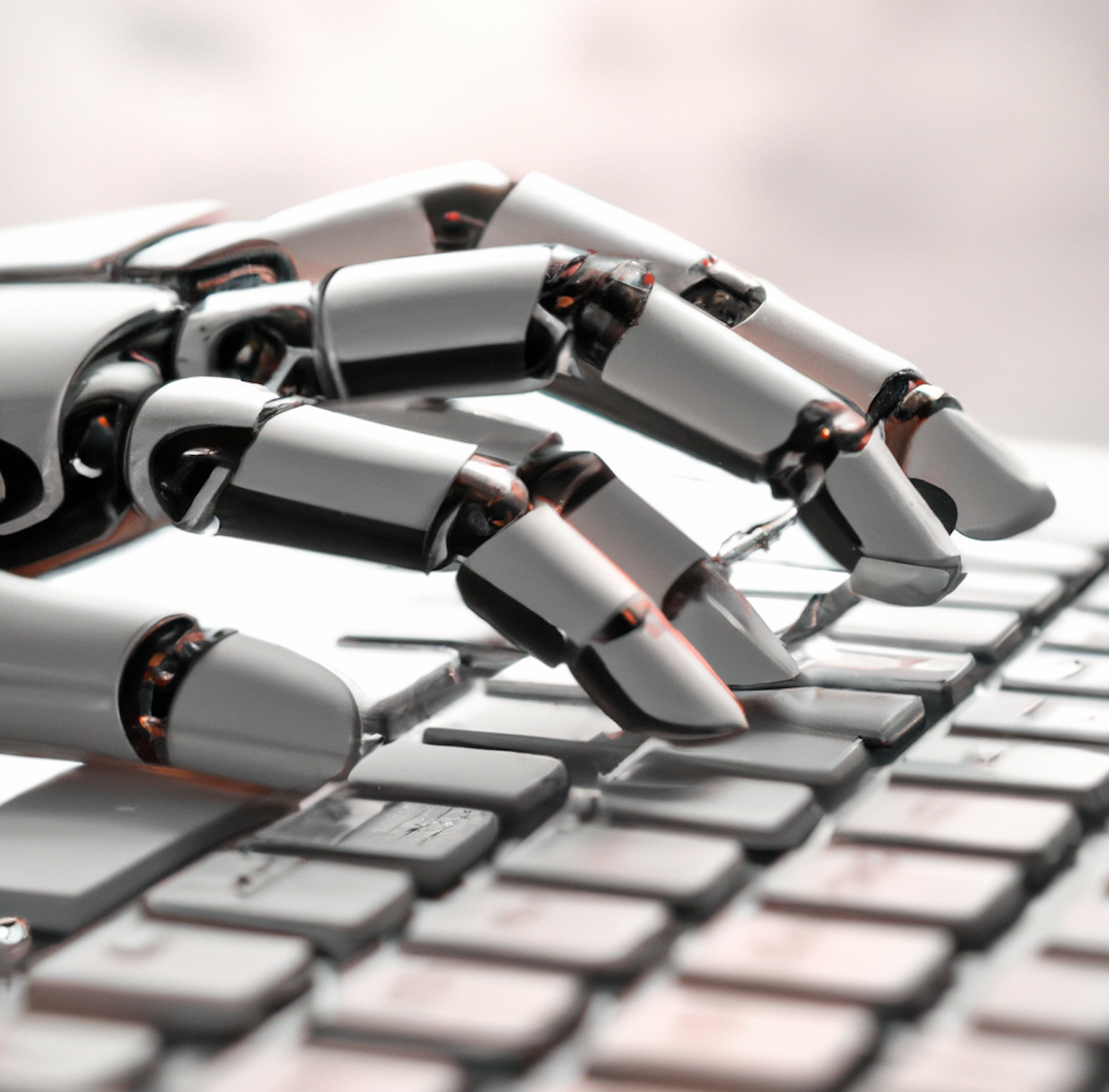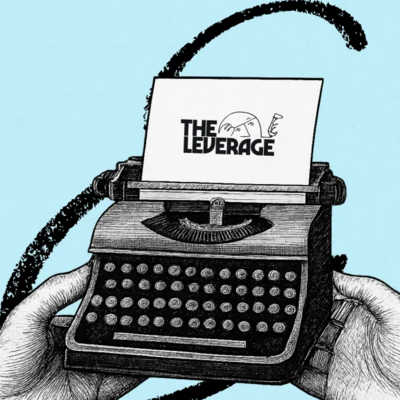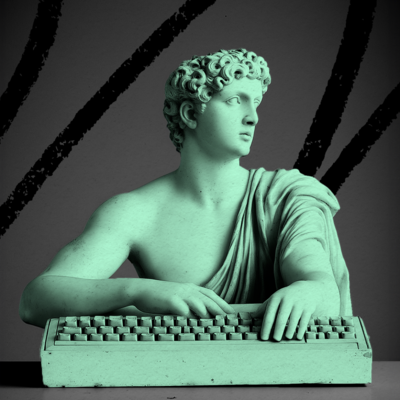
Publisher’s note: This essay is an edited and revised version of my original essay on AI that I published last year. In it, I argue that the primary effect of AI will be that it pushes the cost of digital good creation to zero. The original showcased a variety of demos of new AI tools that I ended up cutting. Now, only six months later, all those demos look passé—we are far past them already. What does the world look like in a year? 10? How does a dramatically reduced COGS for code, text, email, etc., affect our world?
The most significant consequence of the internet was that it pushed distribution costs to zero.
The most significant consequence of AI is that it will push creation costs to zero.
The atomic activity of any company can be boiled down to:
- Create stuff
- Acquire customer to buy stuff
- Distribute that stuff
The internet broke the third category of distribution, and AI is going to break the first one. Innovations like GPT-3, DALL-E, and other AI tools will dramatically decrease the cost of producing goods with a digital component.
I don’t want to veer into hyperbole, but I’ve never been simultaneously so excited and scared by a technology category. Theoretically, I knew these changes were coming, but I have been stunned by how quickly they have occurred. In 5–10 years, the power dynamics of knowledge work will look radically different.
For some categories of companies, AI tooling will be a disruptive innovation—one that renders their entire business obsolete. For other categories, it will be a sustaining innovation that can allow them to serve a similar set of customers at decreased costs. It’s unclear which type of company falls into the latter categories.
The biggest question is this: When acquisition is the only thing left to compete for, what does our economy look like?
The Only Subscription
You Need to
Stay at the
Edge of AI
The essential toolkit for those shaping the future
"This might be the best value you
can get from an AI subscription."
- Jay S.
Join 100,000+ leaders, builders, and innovators

Email address
Already have an account? Sign in
What is included in a subscription?
Daily insights from AI pioneers + early access to powerful AI tools








.08.31_AM.png)

Comments
Don't have an account? Sign up!
Not all digital content (or "stuff" as you put it) is equal. An article vs an email vs graphic imagery is vastly different from software and data analysis. Tableau might be able put some prompts to help make using Tableau easier but it is hard to fathom someone building a tool like Tableau using AI alone. On a spectrum, AI will be a tool in the hands of experts to enable them to do their work more efficiently.